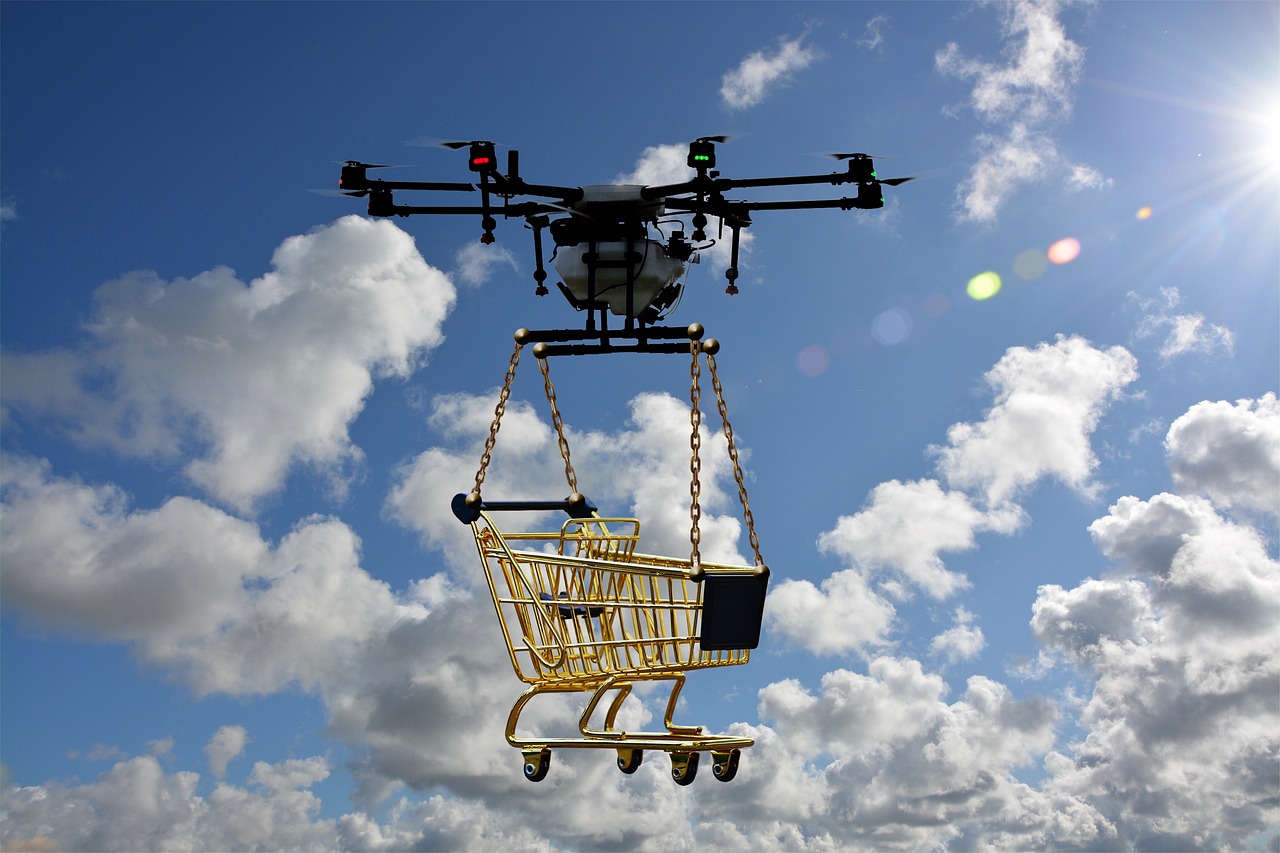The world stands at a pivotal juncture, where the rapid advancement of autonomous technologies in warfare is reshaping the landscape of conflict. The official narrative portrays these developments as necessary for national security and military superiority, emphasizing the potential benefits of AI-powered systems in enhancing decision-making and combat effectiveness. However, beneath the surface lies a web of interwoven agendas that threaten to alter the course of human history.

As nations invest heavily in AI research and development for military purposes, projects like the Advanced Battlefield Management System and the Joint All-Domain Command-and-Control System loom large on the horizon. These systems, designed to automate data interpretation and decision-making in combat operations, raise significant concerns about the potential for unintended consequences, particularly in scenarios involving nuclear weapons. The quest for military dominance through AI integration is pushing the boundaries of ethical and strategic norms, with little regard for the long-term implications.
The emergence of unmanned systems, such as drones and robotic kits, heralds a new era of warfare where autonomous technologies play a pivotal role in shaping conflicts. China’s rapid progress in this domain underscores the escalating arms race in autonomous warfare, where drone swarms pose a formidable challenge to traditional defense mechanisms. As these technologies evolve, questions of accountability and decision-making become increasingly blurred, opening the door to a future where machines hold the power of life and death.
Amidst the push towards greater automation in military operations, the specter of AI-controlled weapons systems raises grave concerns about the potential for catastrophic outcomes. Instances of autonomous drones being deployed in conflicts between nations serve as stark reminders of the dangers posed by integrating advanced AI into surveillance and weapons platforms. The risks of relinquishing human control over critical decision-making processes are not just theoretical; they are tangible threats that could plunge the world into chaos.
The implications of AI-driven warfare extend far beyond the battlefield, with drone swarms inching closer to frontline deployment in conflicts around the globe. Companies like Auterion and local firms in Ukraine are at the forefront of developing swarming solutions, testing the limits of autonomous warfare in real-world scenarios. The ethical dilemmas surrounding the use of AI in military applications, coupled with vulnerabilities to electronic warfare, underscore the precarious balance between technological advancement and ethical responsibility.
In this intricate web of technological advancement and military ambition, the intent, means, and opportunity of the actors involved become clear. The pursuit of dominance through autonomous technologies serves as a smokescreen for a deeper agenda—one that seeks to consolidate power, control resources, and reshape the geopolitical landscape. The convergence of AI, surveillance, and militarization lays the groundwork for a future where humanity’s fate hangs in the balance, teetering on the edge of a precipice of our own making.
Looking ahead, the trajectory of autonomous warfare paints a grim picture of a world where machines dictate the course of human civilization. The historical patterns of technological revolutions and their societal impacts warn of the perils of unchecked advancement, where the quest for power and control blinds us to the consequences of our actions. As we stand on the threshold of a new era defined by AI-driven conflict, the choices we make today will reverberate through the annals of history, shaping the destiny of generations yet to come.

